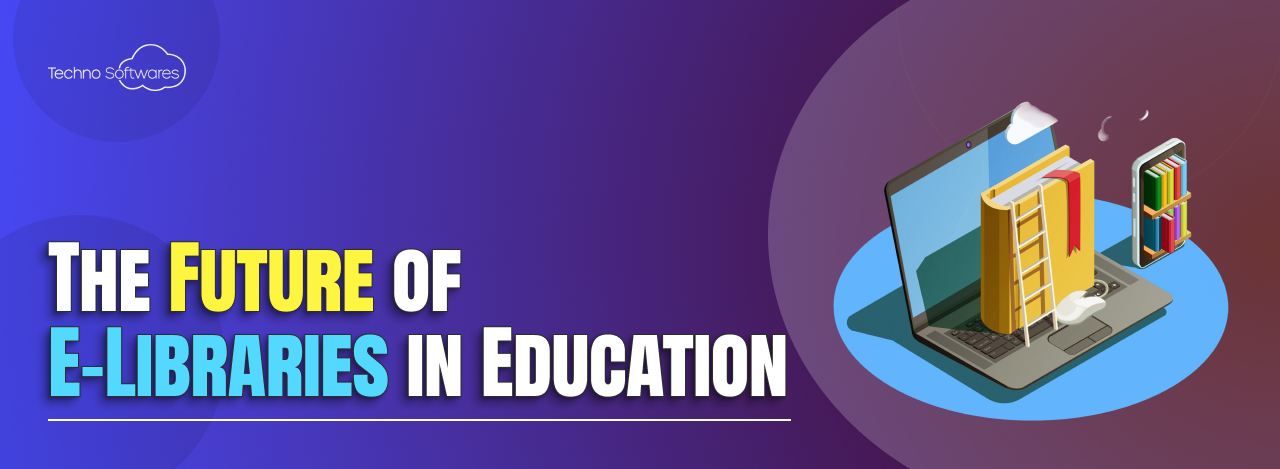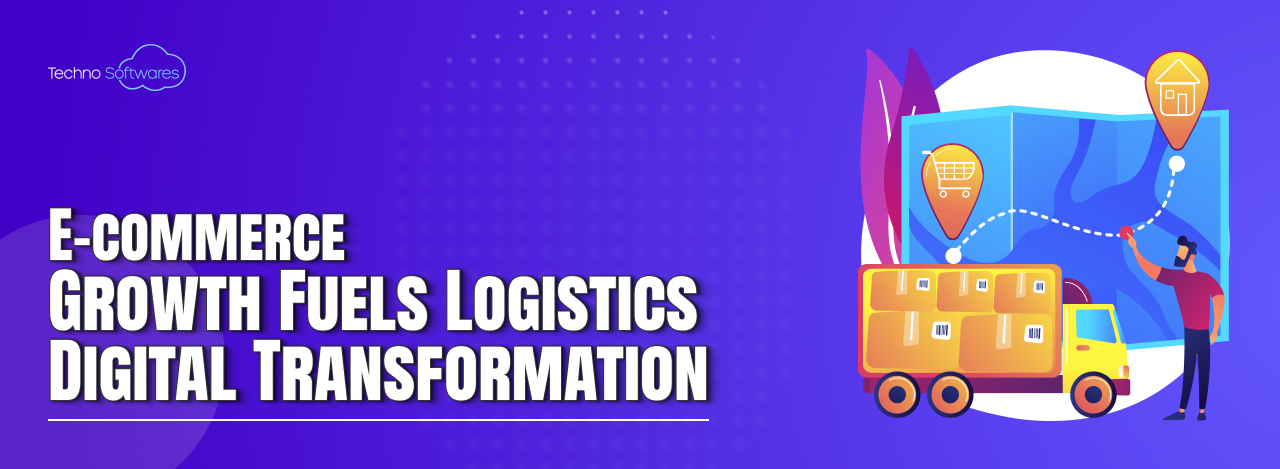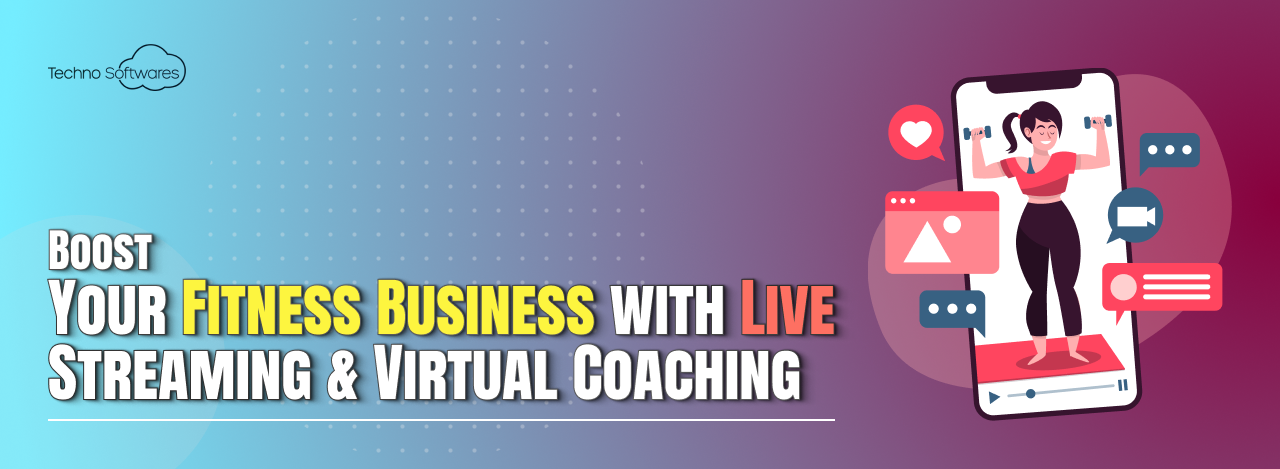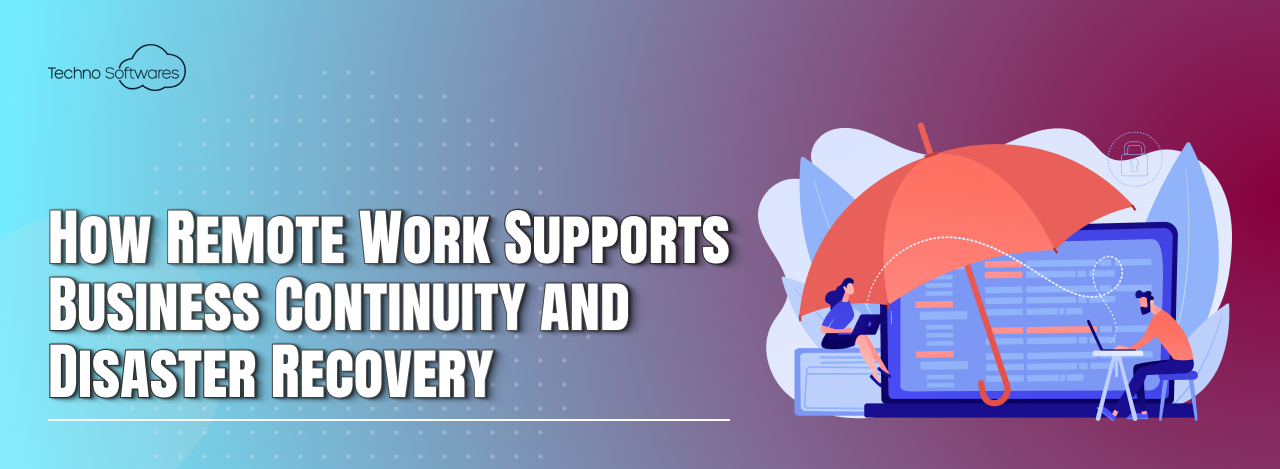The Future of Digital Libraries and E-Resources in Education
As we reflect on the evolution of digital libraries in education, we recognize a significant transformation that has taken place over the past few decades. Initially, libraries were physical spaces filled with books, journals, and other printed materials. The advent of the internet marked a pivotal moment, allowing us to access vast amounts of information from the comfort of our homes or classrooms.
This shift from traditional to digital libraries has not only changed how we access information but has also redefined the very nature of learning itself. We have witnessed the gradual integration of technology into educational settings, leading to the development of digital libraries that cater to diverse learning needs. In the early stages, digital libraries primarily served as repositories for digitized versions of printed materials.
However, as technology advanced, so did the capabilities of these libraries. We now have access to multimedia resources, interactive content, and collaborative tools that enhance our learning experiences. The evolution of digital libraries has been driven by the need for more efficient information retrieval and the desire to make learning more engaging.
As we continue to embrace these changes, we find ourselves in an era where digital libraries are not just supplementary resources but integral components of modern education.
Key Takeaways
- Digital libraries have evolved to become essential resources in modern education, providing access to a wide range of e-resources and advanced solutions.
- E-resources play a crucial role in modern education by providing students and educators with easy access to a wealth of information and knowledge.
- Digital libraries offer numerous benefits for students and educators, including increased accessibility, flexibility, and the ability to collaborate and share resources.
- Implementing digital libraries in education comes with challenges, but also presents opportunities for institutions to enhance learning experiences and improve resource management.
- Techno Softwares’ advanced digital library solutions have a significant impact on education, offering customizable options to meet the specific needs of educational institutions.
The Role of E-Resources in Modern Education
The Power of E-Resources in Education
The significance of e-resources in education cannot be overstated. They facilitate in-depth research, cater to diverse learning styles, and promote critical thinking skills among students. By incorporating e-resources into our curricula, we can create a more dynamic and interactive learning environment that encourages exploration and discovery.
Staying Current in a Rapidly Changing World
In an era where information is constantly evolving, e-resources enable us to stay current with the latest developments in various fields. We can easily access scholarly articles, research papers, and case studies that inform our understanding of complex topics. This immediacy not only enhances our knowledge but also fosters a culture of lifelong learning.
Empowering Lifelong Learners
As we navigate through our educational journeys, e-resources empower us to take charge of our learning and engage with content in meaningful ways. With e-resources, we can access a wealth of information at our fingertips, facilitating a deeper understanding of the world around us and promoting a culture of continuous learning and growth.
The Benefits of Digital Libraries for Students and Educators
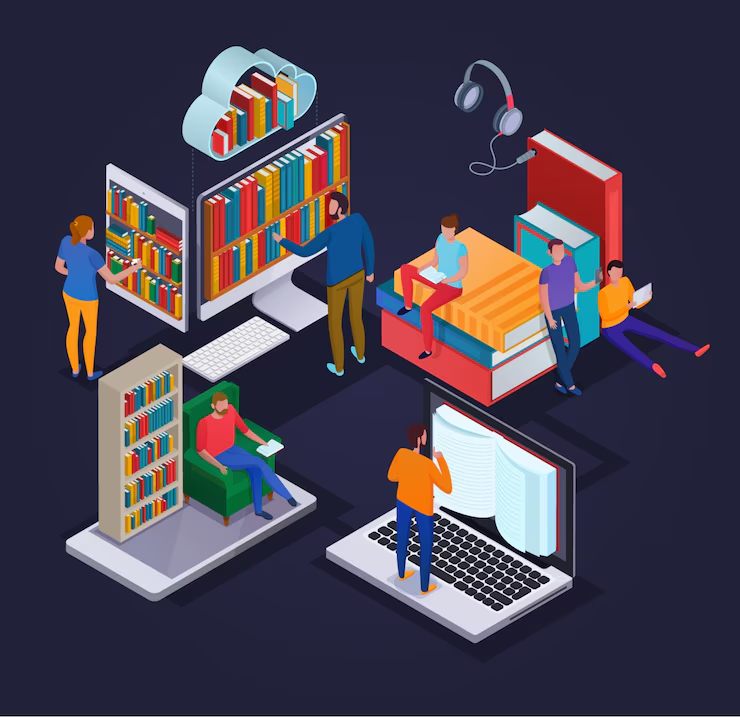
Digital libraries offer numerous benefits for both students and educators, fundamentally changing how we approach teaching and learning. For students, the convenience of accessing a vast array of resources from anywhere at any time is a game-changer. We no longer have to rely solely on physical textbooks or library hours; instead, we can explore a multitude of materials that cater to our individual interests and learning preferences.
This accessibility fosters a sense of autonomy in our educational pursuits, allowing us to delve deeper into subjects that resonate with us. For educators, digital libraries provide valuable tools for enhancing instruction and engagement. We can curate resources tailored to our students’ needs, incorporating multimedia elements that make lessons more interactive and enjoyable.
Additionally, digital libraries facilitate collaboration among educators, enabling us to share best practices and innovative teaching strategies. By leveraging these resources, we can create a more inclusive and effective learning environment that supports diverse learners and promotes academic success.
Challenges and Opportunities in Implementing Digital Libraries in Education
While the benefits of digital libraries are clear, we must also acknowledge the challenges that come with their implementation in educational settings. One significant hurdle is the digital divide; not all students have equal access to technology or reliable internet connections. This disparity can hinder some learners from fully engaging with digital resources, creating inequities in educational opportunities.
As we strive to implement digital libraries effectively, it is essential to address these access issues and ensure that all students can benefit from the wealth of information available online. Despite these challenges, there are also numerous opportunities for growth and innovation in the realm of digital libraries. As educational institutions increasingly recognize the importance of technology in learning, we have the chance to advocate for investments in infrastructure and resources that support digital library initiatives.
By collaborating with stakeholders—such as educators, administrators, and technology providers—we can develop comprehensive strategies that enhance access to digital libraries while also promoting digital literacy among students. Embracing these opportunities will allow us to create a more equitable and effective educational landscape.
The Impact of Techno Softwares’ Advanced Digital Library Solutions
Techno Softwares has emerged as a leader in providing advanced digital library solutions tailored for educational institutions. Their innovative approach has significantly impacted how we access and utilize information in our learning environments. By offering customizable platforms that integrate seamlessly with existing systems, Techno Softwares enables us to create digital libraries that meet our specific needs and preferences.
This adaptability is crucial as we navigate the diverse requirements of different educational settings. The impact of Techno Softwares’ solutions extends beyond mere accessibility; they also enhance user experience through intuitive interfaces and robust search functionalities. We can easily locate relevant materials, whether we are conducting research for a project or seeking supplementary resources for our studies.
Furthermore, their emphasis on collaboration tools fosters a sense of community among users, allowing us to share insights and engage in discussions around shared interests. As we embrace these advanced solutions, we find ourselves better equipped to harness the power of digital libraries in our educational journeys.
How Techno Softwares Can Customize Digital Libraries for Educational Institutions
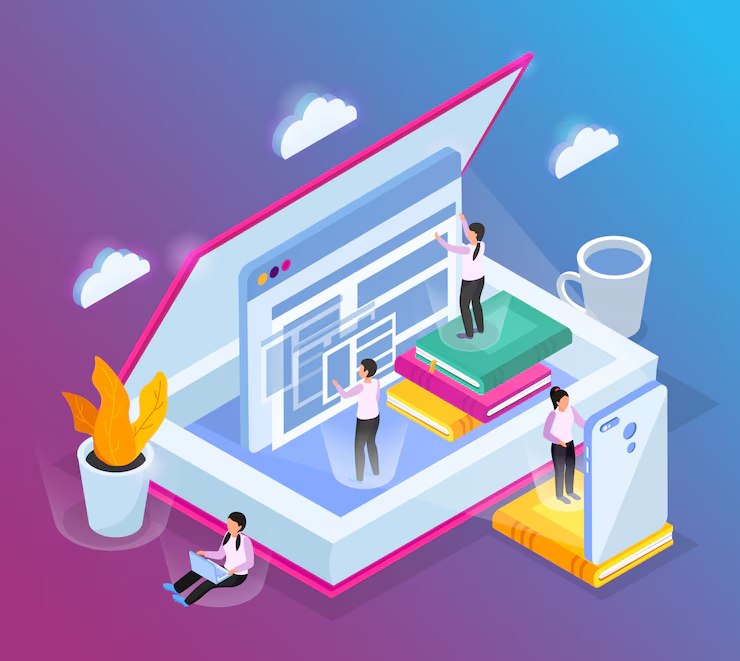
Customized Digital Library Solutions for Educational Institutions
Techno Softwares stands out for its commitment to customization when it comes to digital library solutions for educational institutions. They recognize that each institution has unique needs and challenges, which is why they offer tailored services that align with specific goals and objectives. By collaborating closely with educators and administrators, Techno Softwares ensures that the digital library solutions they provide are not only functional but also relevant to the institution’s mission.
Enhancing Usability and Engagement through Customization
Through customization, we can incorporate various features into our digital libraries that enhance usability and engagement. For instance, Techno Softwares allows us to curate collections based on subject areas or grade levels, making it easier for students to find materials that resonate with their interests and academic requirements. Additionally, they offer analytics tools that enable us to track usage patterns and assess the effectiveness of our digital library resources.
Data-Driven Decision Making
This data-driven approach empowers us to make informed decisions about resource allocation and curriculum development.
The Future of Digital Libraries and E-Resources in Education
As we look ahead to the future of digital libraries and e-resources in education, it is clear that technology will continue to play a pivotal role in shaping our learning experiences. We anticipate further advancements in artificial intelligence and machine learning that will enhance information retrieval processes and personalize learning pathways for students. These innovations will allow us to engage with content in ways that are more tailored to our individual needs and preferences.
Moreover, the integration of virtual reality (VR) and augmented reality (AR) into digital libraries holds exciting potential for immersive learning experiences. Imagine exploring historical sites or conducting virtual science experiments through our digital library platforms! As these technologies become more accessible, we can expect a shift toward experiential learning that transcends traditional classroom boundaries.
The future promises a dynamic landscape where digital libraries serve as hubs for creativity, collaboration, and exploration.
The Importance of Investing in Digital Libraries for the Future of Education
Investing in digital libraries is not just a trend; it is a necessity for the future of education. As we navigate an increasingly complex world filled with information overload, having access to well-organized and curated digital resources is essential for fostering critical thinking skills and informed decision-making among students. By prioritizing investments in digital libraries, educational institutions can equip learners with the tools they need to thrive in an ever-changing landscape.
Furthermore, investing in digital libraries promotes equity in education by ensuring that all students have access to high-quality resources regardless of their geographical location or socioeconomic status. As we advocate for these investments, we must also emphasize the importance of training educators to effectively integrate digital resources into their teaching practices. By doing so, we can create a future where digital libraries are not merely supplementary tools but foundational elements that enrich our educational experiences and empower us as lifelong learners.
If you are interested in learning more about how Techno Softwares can help build an advanced digital library for your institution, you may also want to check out their article on <a href=’https://technosoftwares.com/blog/the-role-of-automation-in-streamlining-business-processes/’>The Role of Automation in Streamlining Business Processes. This article discusses how automation can improve efficiency and productivity in various industries, including education. By implementing automation tools, institutions can streamline their processes and focus more on providing quality education to students.
FAQs
What are digital libraries and e-resources in education?
Digital libraries are online collections of digital materials such as e-books, articles, videos, and other educational resources. E-resources in education refer to the digital resources that are used for teaching, learning, and research purposes.
How can digital libraries and e-resources benefit education?
Digital libraries and e-resources provide easy access to a wide range of educational materials, allowing students and educators to access information from anywhere with an internet connection. They also offer interactive and multimedia content, enhancing the learning experience.
What is the future of digital libraries and e-resources in education?
The future of digital libraries and e-resources in education is expected to involve advanced technologies such as artificial intelligence, machine learning, and virtual reality to provide personalized and immersive learning experiences. There will also be an increased focus on open access and collaborative platforms for sharing educational resources.
How can Techno Softwares build an advanced digital library for my institution?
Techno Softwares can build an advanced digital library for your institution by leveraging their expertise in software development, user experience design, and content management systems. They can create a customized solution that meets the specific needs of your institution and integrates seamlessly with your existing systems.


